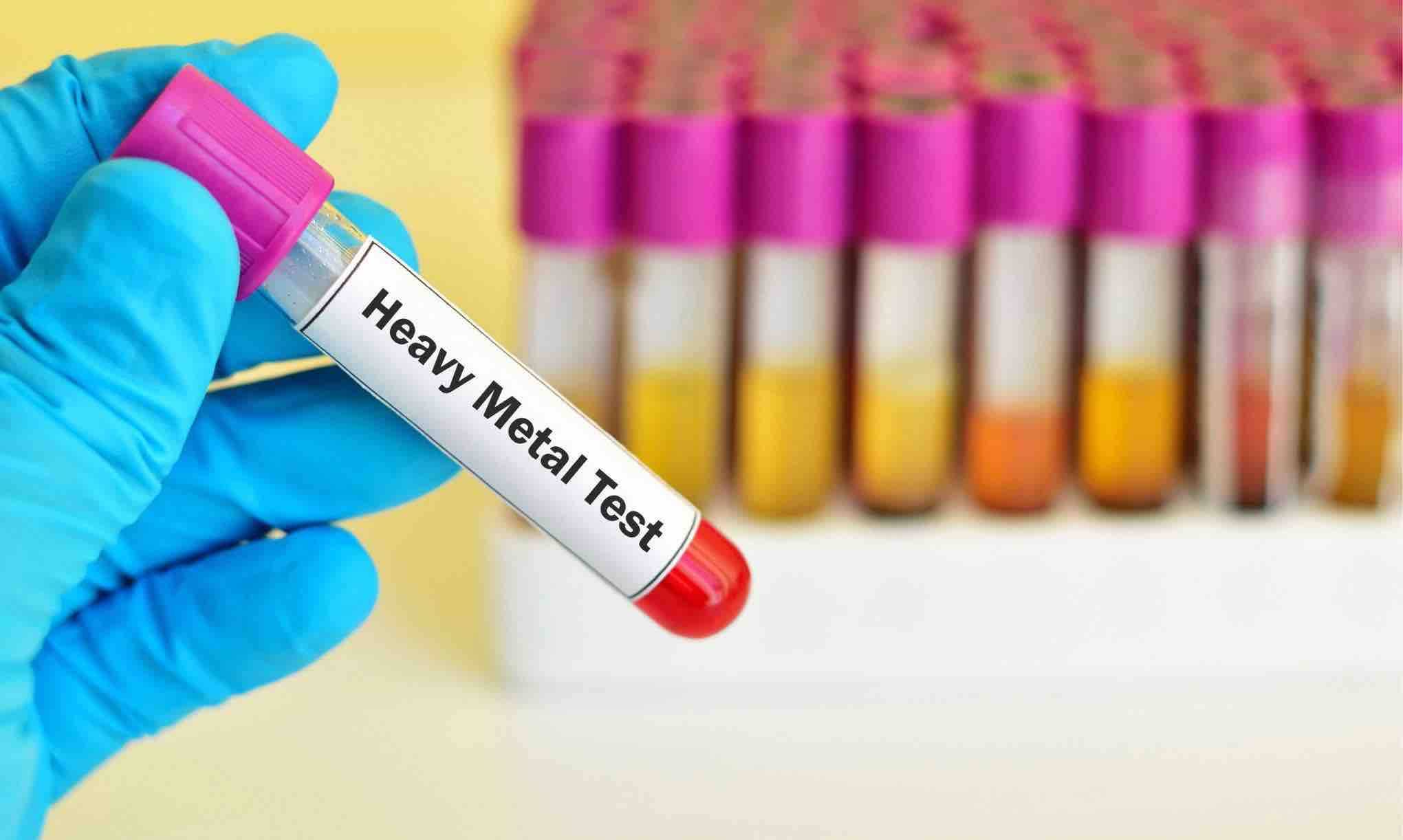What Should You Know Before Making Any Appointments?

By Afrina Ghazali | August 2nd, 2024 | 8 mins read
In our modern world, exposure to heavy metals such as lead, mercury, arsenic, and cadmium is almost unavoidable. These toxic metals can accumulate in the body over time and potentially lead to a variety of health issues. Heavy metal detox, also known as chelation therapy or detoxification, aims to remove these harmful substances from the body. Before you book an appointment for a heavy metal detox, it’s important to understand what it entails, the potential benefits, risks, and how to prepare.
Heavy metal detox refers to the process of eliminating toxic metals from the body. This can be done through various methods, including:
- Chelation Therapy: A medical procedure that involves the administration of chelating agents—substances that bind to heavy metals and help remove them from the body.
- Dietary Changes: Consuming foods and supplements that support the body’s natural detoxification processes.
- Lifestyle Adjustments: Reducing exposure to heavy metals and supporting detox through hydration, exercise, and other healthy habits.

Heavy metals can accumulate in the body over time, leading to a range of potential health issues, including:

- Fatigue: Persistent tiredness that doesn’t improve with rest.
- Cognitive Issues: Memory problems, difficulty concentrating, and brain fog.
- Digestive Problems: Issues like bloating, constipation, and stomach pain.
- Immune System Dysfunction: Increased susceptibility to infections and chronic conditions.
- Neurological Symptoms: Numbness, tingling, and muscle weakness.
- Mood Disorders: Anxiety, depression, and irritability.
Detoxing from heavy metals may help alleviate these symptoms and improve overall health.
1. Consultation: Before undergoing a heavy metal detox, you’ll have a consultation with a healthcare provider to assess your health, exposure risks, and symptoms.
2. Testing: You may undergo tests, such as blood, urine, or hair analysis, to determine the levels of heavy metals in your body.
3. Treatment Plan: Based on your test results, a personalized detox plan will be created. This might include chelation therapy, dietary recommendations, and lifestyle changes.
4. Chelation Therapy (if recommended):
- Procedure: Chelating agents are administered, usually through an IV, to bind with heavy metals and facilitate their removal.
- Sessions: Multiple sessions may be required, depending on your level of heavy metal exposure.
5. Dietary and Lifestyle Changes: You may be advised to eat a diet rich in antioxidants, fiber, and other nutrients that support detoxification. Avoiding further exposure to heavy metals through food, water, and environment is also important.

- Improved Energy Levels: Many people report increased energy and reduced fatigue after detoxification.
- Enhanced Mental Clarity: Detoxing may improve focus, memory, and overall cognitive function.
- Better Immune Function: Removing toxic metals can support a healthier immune system.
- Reduced Symptoms: Detoxing may alleviate symptoms like headaches, joint pain, and digestive issues.
- Overall Well-being: Many individuals experience a general improvement in their health and well-being.
1. Side Effects: Chelation therapy can cause side effects like nausea, headaches, and fatigue. It can also lead to mineral deficiencies, as chelating agents may bind to essential minerals as well.
2. Medical Supervision: It’s crucial to undergo heavy metal detox under the supervision of a qualified healthcare provider. Self-administering chelation agents or following unverified detox methods can be dangerous.
3. Individual Differences: Not everyone needs a heavy metal detox, and the necessity should be determined by a healthcare professional based on your specific situation.
4. Underlying Conditions: If you have underlying health conditions, especially kidney or liver disease, discuss the risks with your doctor, as detox methods may not be suitable for everyone.
- Gather Information: Write down your symptoms, potential exposure sources, and any medical history relevant to heavy metal toxicity.
- Hydrate: Ensure you are well-hydrated before your appointment, as this can help your body manage the detox process.
- Diet: Consider starting a diet rich in detox-supporting foods like leafy greens, garlic, and citrus fruits.
- Ask Questions: Prepare a list of questions to ask your healthcare provider during the consultation to ensure you fully understand the process, risks, and expected outcomes.
Heavy metal detox can be a valuable tool for improving health and well-being, especially if you’ve been exposed to toxic metals. However, it’s essential to approach it with caution, armed with knowledge, and under the guidance of a healthcare professional. By understanding the process, benefits, risks, and preparation involved, you can make an informed decision about whether heavy metal detox is right for you.
Check available Heavy Metal Detox on our platform here